Question
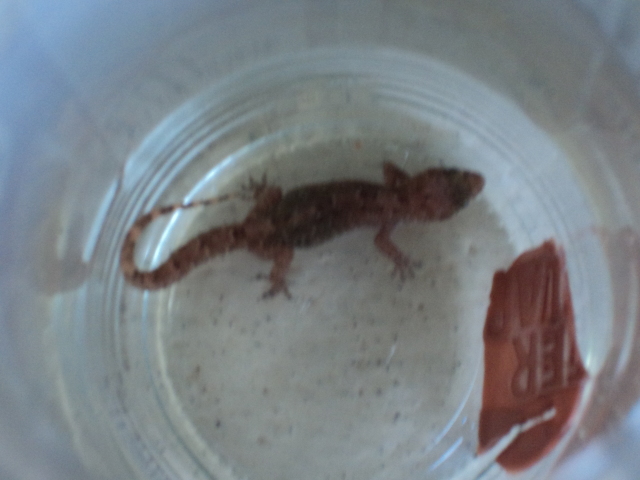 Lizard
Lizard
Good morning,
I am currently working in Sudan's South Darfur in a quite isolated area which has become even more isolated due to security. There are several kinds of lizards and snakes, something I know very little about. In any case, I have attached here the picture of a lizard that is commonly found in camps and villages. Its mostly nocturnal and impossible to find outdoors during the day. Upon observing it around my residence, I noticed that, like most lizards, feeds on small insects, very evasive, does not guard its young and will never be found in pairs or more. The biggest I found was about 3in long, 1in wide, crawls on its belly. My question pertaining to this lizard is that its the only one thought of by the locals to be poisonous. Many are convinced that this perticular lizard will bite, the bitten area will ''scale'' and the member is usually amputated. So the lizard is killed on site. I have personally captured several of them of different sizes, photographed them and released them and never noticed any aggressive behavior or defense mechanism except for the sectionning of their tails to escape. There are many legends and superstitions surrounding lizards and snakes in this area, as in Africa in general. Would you know anything about this kind of lizard or be able to direct me to someone who can identify it?
Thank you,
AnswerHi,
While I am not certain of the species, I can say that it looks to be a common gecko of the genus Hemidactylus, perhaps a house gecko, and it is definitely not poisonous. The only venomous lizards in the world are the Heloderma of North America, and monitor lizards to some degree. Many lizards will bite when picked up (wouldn't you?) and the idea that they these are dangerous in the least bit is pure nonsense.
One tool you can use to educate locals would be the benefits of these animals. In any tropical area where malaria is an issue, mosquito-eating geckos which hang around lights and near homes are great to have. They also eat spiders and scorpions, which in many areas could indeed pose a threat.
These are two books I am aware of that you could try and get which should have much more information.
Amphibians and reptiles from the Sudan, by Karl P. Schmidt
Amphibians and reptiles of North Africa: biology, systematics, field guide


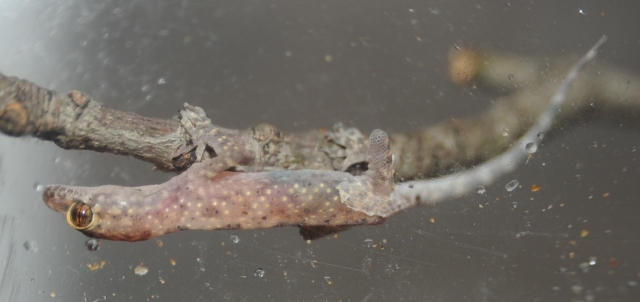 Anole or Gecko ID (found in car after trip to AZ/TX
Question
Hitchhiker named JR
Hi Bryan,
About a month
Anole or Gecko ID (found in car after trip to AZ/TX
Question
Hitchhiker named JR
Hi Bryan,
About a month
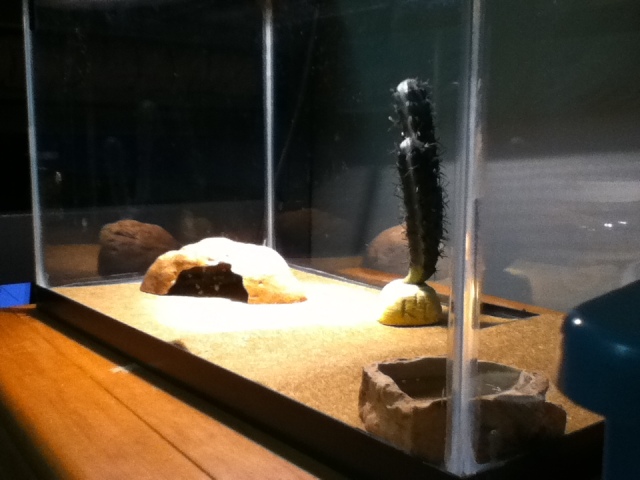 Lizard habitat
Question
Lizard cage
My old leopard gecko died.
Lizard habitat
Question
Lizard cage
My old leopard gecko died.
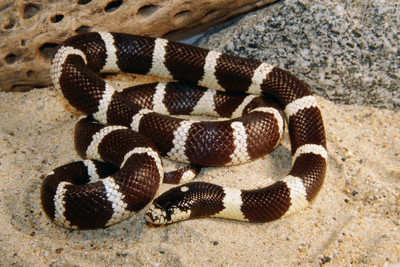 King snake
QuestionQUESTION: I found a king snake in my garden las
King snake
QuestionQUESTION: I found a king snake in my garden las
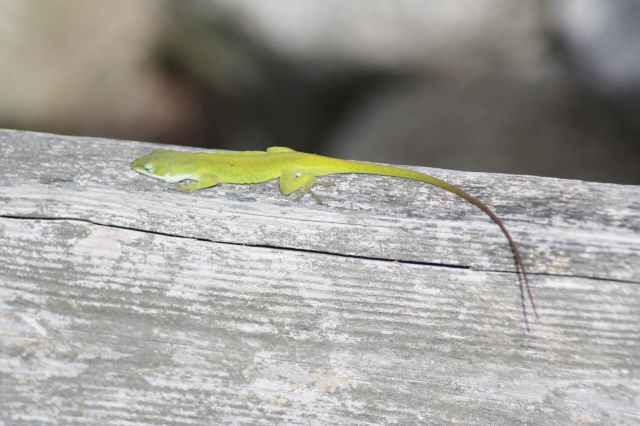 id lizzard
Question
image 2628 Green Lizza
I have pictures of 3 li
id lizzard
Question
image 2628 Green Lizza
I have pictures of 3 li
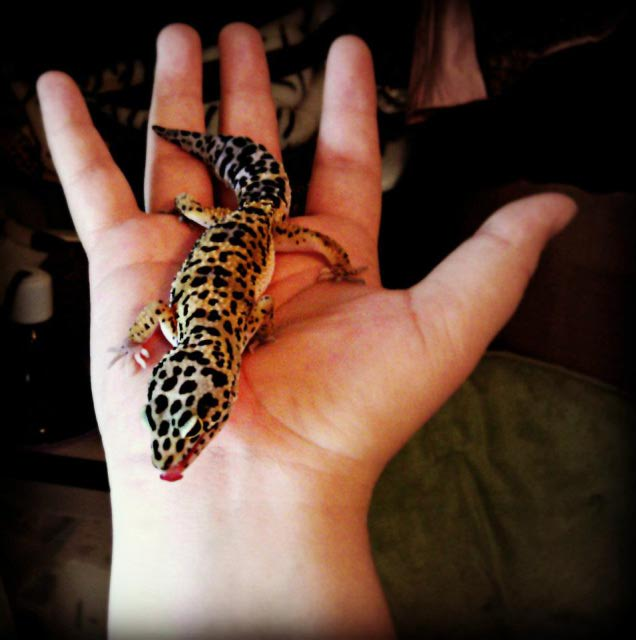 moving
QuestionQUESTION: I will be moving to another state in
moving
QuestionQUESTION: I will be moving to another state in